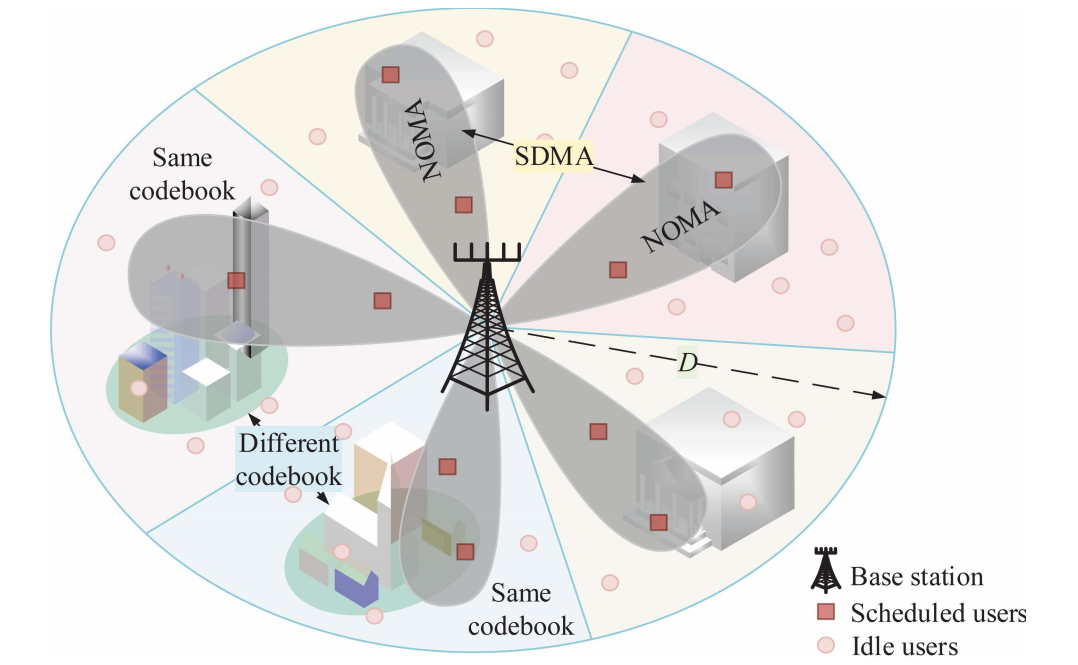Abstract
In this paper, the performance of non-orthogonal multiple access (NOMA) is investigated and optimized in a downlink space division multiple access network with a multi-antenna base station and randomly deployed users, under a general channel state information (CSI) limited feedback framework. We first propose a dynamic user scheduling and grouping strategy by leveraging limited feedback. Based on that, an analytical framework is proposed to obtain the outage probability of the network in closed form. The diversity order and the impacts of the number of feedback bits on the outage performance of NOMA are analyzed. Furthermore, the net throughput, which captures the network-wide throughput with the uplink feedback cost considered, is maximized by optimizing the number of feedback bits. Numerical results are demonstrated to verify our analytical findings and show that different from the perfect CSI case, there always exists a performance floor of outage probability in the considered network due to limited feedback. Moreover, the optimal number of feedback bits for net throughput maximization increases as the channel coherence time becomes longer.
